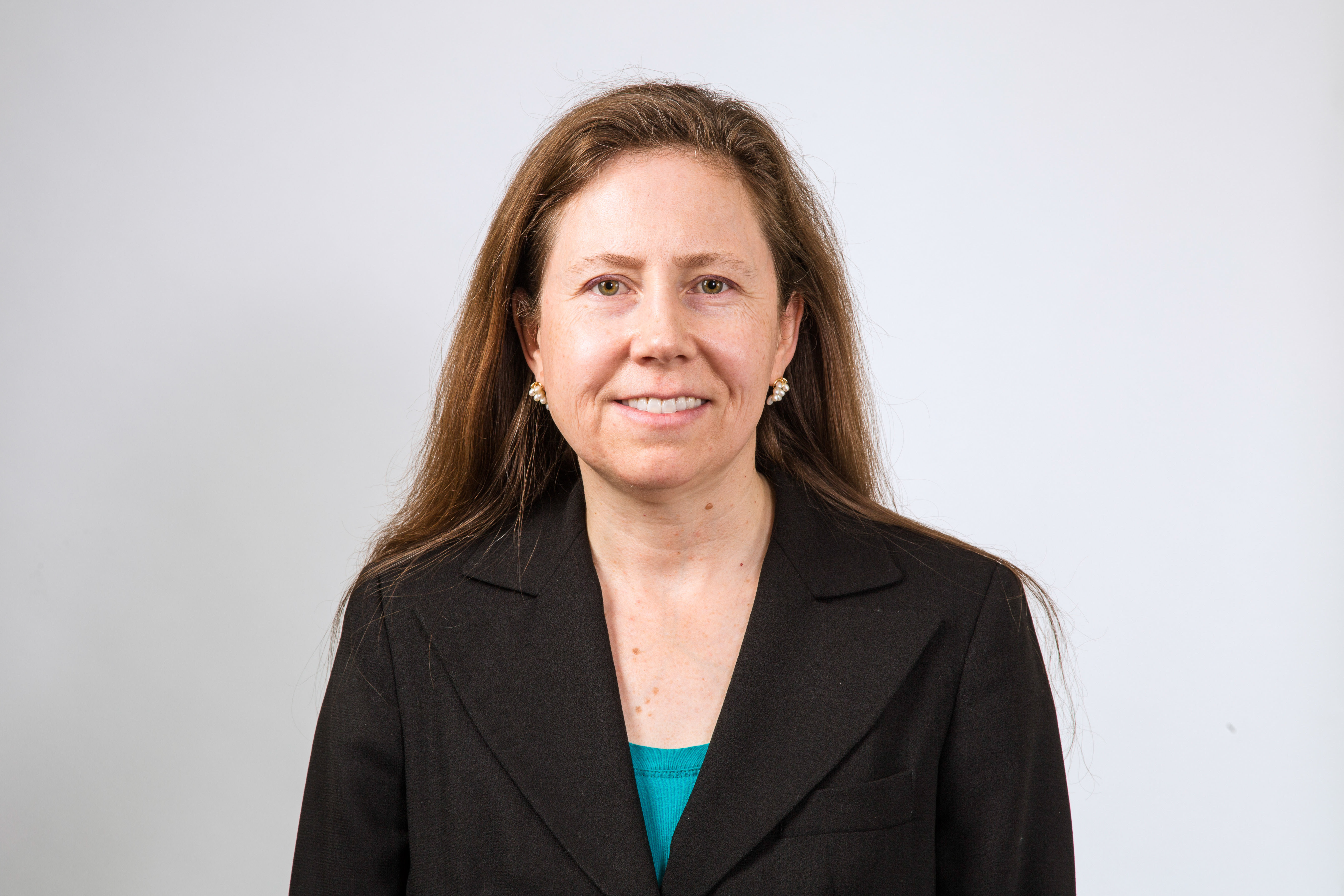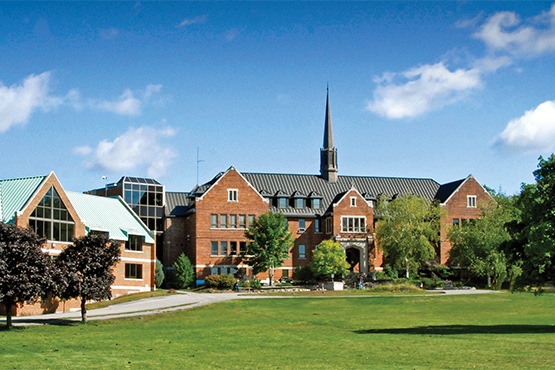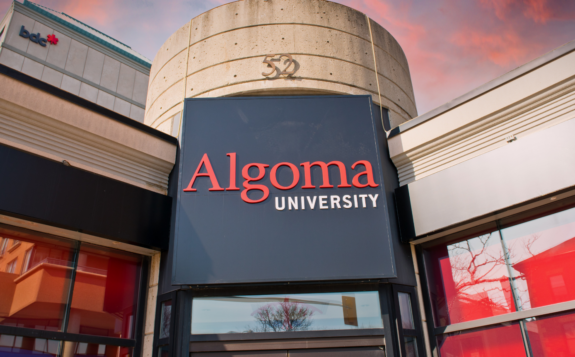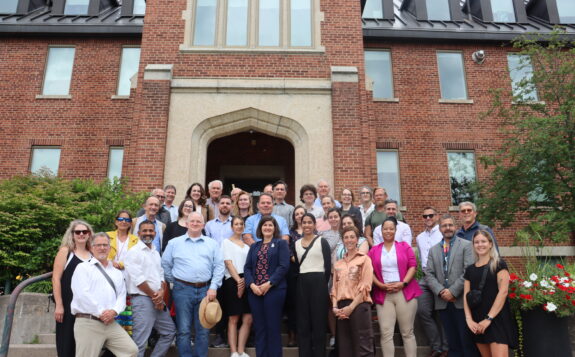(Sault Ste. Marie, ON July 18, 2019) – Dr. Nairne Cameron, Associate Professor, Department of Geography & Geology at Algoma University will be leading the Algoma University hub of a newly funded “Living Labs” Lake Superior sustainability project in collaboration with partners at Lakehead University and the University of Minnesota at Duluth. On Wednesday, the Social Sciences and Humanities Research Council of Canada (SSHRC) announced Partnership Development Grant funding of $188,106 over three years for the project.

The “Lake Superior Living Labs Network: Enhancing Capacity for Regenerative Social-Ecological Systems” is a collaborative project between the three university hubs and community partners that seeks to nurture additional partnerships over the course of the grant. This multi-jurisdictional initiative transcends borders and seeks to build synergies to address challenges related to water, land, climate, energy and individual and community well being around Lake Superior, the world’s largest freshwater lake. “Living Laboratories” will tie together teaching, research, and outreach for the benefit of students and the community at large. Dr. Charles Levkoe, Canada Research Chair in Sustainable Food Systems at Lakehead University is the Principal Investigator and will be coordinating the efforts of the three universities.
“This funding combined with a strong faculty team, innovative community partners, and the support of two other universities, provides a unique opportunity for Algoma University to advance its food-related research, community relationships, student teaching, and campus life,” notes Dr. Cameron. “The Lake Superior Watershed is an area of worldwide significance, and it is important that we collaborate together across borders to promote the wellbeing of the region’s environment and people.”
In addition to Dr. Cameron, Algoma University team members include: Elizabeth Edgar-Webkamigad, the Director of the Shingwauk Residential Schools Centre and Dr. Laura Wyper, a faculty member in the Department of Community Economic and Social Development (CESD). Community partners are: Colin Templeton, Food Bank Farm; David Thompson, Rural Agri-Innovation Network (RAIN), Sault Ste. Marie Innovation Centre; and Mike Delfre, Harvest Algoma, United Way Sault Ste. Marie and District.
At the Algoma University Hub, the funding and partnership is expected to provide opportunities to support existing and new food growing and gathering projects. Through workshops and sustainability summits, Algoma Hub participants will be able to network and learn about initiatives such as: University of Minnesota at Duluth’s Land Lab and Sustainable Agriculture Project Farm, Solar Commons, and Master’s Program in Tribal Resource and Environmental Stewardship, and Lakehead University’s new Agricultural Research Station. For more information see: www.livinglabs.lakeheadu.ca.
Additional Quotes:
“We are very pleased that the University has been awarded funding to support much needed research and technology transfer work in our community.”
Colin Templeton, Food Bank Farm
“This collaboration will connect Canadian and American researchers, students and organizations working across the largest lake in North America. We are looking forward to building relationships with agricultural researchers to bring knowledge back to the Algoma farming community.”
David Thompson, Rural Agri-Innovation Network (RAIN), Sault Ste. Marie Innovation Centre
“The Lake Superior Living labs project is a timely and relevant project to connect the new United Way food security initiative with. We share many common goals and objectives and are very happy to be a partner in this exciting new research”
Mike Delfre, Director of Operations for Food Security, United Way of Sault Ste. Marie
Share Article




